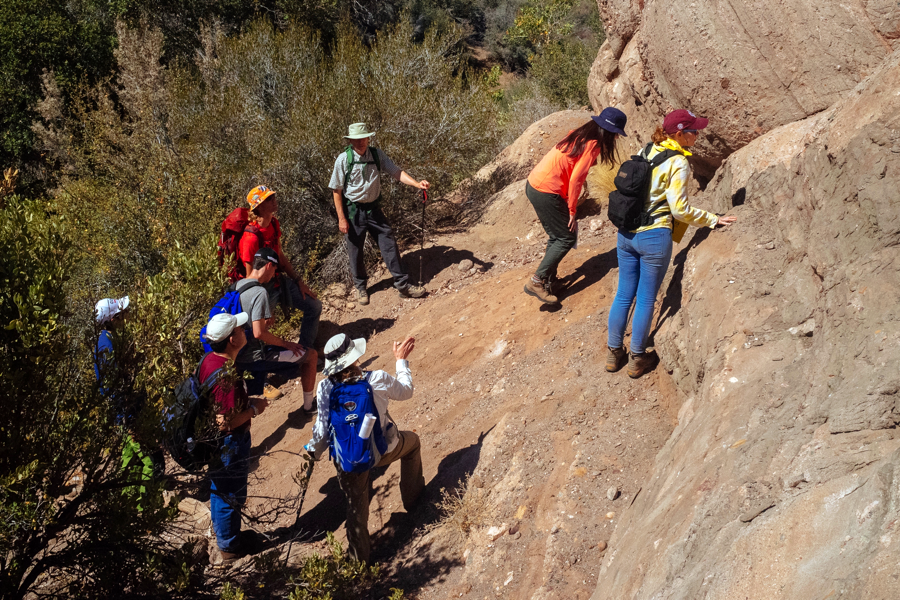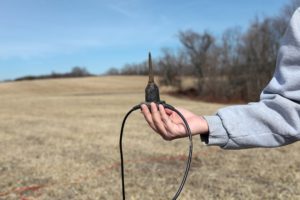All Categories
Featured
Table of Contents
Careers in Lynwood Aus 2023
This work is significantly contracted out, so consultancies offer another source of work. Consultancy firms differ in size, from extremely small companies to large multinationals. Some consultancies are quite specialised in using particular geophysical strategies or operating in particular places, while others offer a more diverse series of services to their customers.
The extraction of gas from land fill websites is another area of employment and this might grow in the future. Expedition companies might carry out work for building and construction companies, water companies, mining companies and environmental firms, so geophysicists might be employed in any of these settings. Other employers include: geological surveysgovernment bodies and agenciesuniversities and research institutes.


Jobs may be listed in the oil and gas sector press. Recruitment is impacted by oil price fluctuations and the level of competitors for positions differs depending on this. Careers Days, which cover the complete variety of geoscience careers and are generally attended by a number of key market companies, are run by The Geological Society.
Introducing Geophysical Surveying in Beaconsfield Australia 2023
Some of the large oil and gas companies use a full two-year structured training program across the breadth of geophysics, consisting of the opportunity to experience work in different groups before specialising in one location. Your training may consist of deal with: existing wellsmagnetic and gravitational potential field data analysisresearchrock analysis. However, it's more normal for your preliminary training to be provided on the job.

There might be a probationary duration during which you work together with an experienced associate. Competency-based appraisals take place frequently in most companies. In smaller firms, and for academic posts, there is unlikely to be any formal training - you'll be anticipated to begin work straightaway and get skills as you go along.
If you work for a smaller sized business, you may find that you need to take duty for setting up and funding your own development and training. If you have a geology degree, membership of The Geological Society can be helpful for networking and for keeping up to date with the industry.
Geophysical Surveys in Kenwick Western Australia 2022
You may likewise find it helpful to sign up with the PESGB (The Petroleum Exploration Society of Great Britain, which has a geophysics special interest group. After a probationary period, and once you've gained some experience, you could progress to senior geophysicist, then team leader and after that into a senior function in management.
The ease of movement in between functions depends upon the business structure. Research study at Masters or Ph, D level in a subject associated to geophysics or geosciences may aid with your career advancement and development. The work market within the oil and gas market is very reliant on cost and this may affect your chances for career progression.
For experienced geophysicists, freelance consultancy provides a good route for career advancement. As a geophysicist, you're most likely to have a number of jobs throughout your working life.
Careers In Geology And Geophysics in Embleton Western Australia 2023
From geophysics, it's possible to focus on seismology (finishing further training to end up being a seismic interpreter) or to move into related locations such as engineering geology or threat forecast.
Deciding what to study in college is a hard option. Even if you know that your field of interest lies in science, what program of research study is best for you? If you make the choice to significant in physical and biological sciences and pursue a profession as a geophysicist, you're getting ready for an amazing and successful occupation.
The very first action to accomplishing your objective of becoming a geophysicist is earning a degree. Even for entry-level positions in the field of geoscience, you'll need a bachelor's degree (a geophysicist college degree) from a certified college or university. Geophysicists should be able to: evaluate rocks, pictures, and other pieces of information perform research study both in the field and in laboratories develop maps and charts of their findings compose reports To accomplish all this, trainees need a specialized education for geophysicist careers.
As specified above, you'll need a bachelor's degree in geoscience or a related discipline, such as a physical science or a natural science, to land an entry-level task. Trainees can also prepare by majoring in subjects like: Biology Chemistry Computer system science Engineering Mathematics Physics The above geophysicist majors offer a more generalized technique to a single clinical discipline, however the majority of programs need students to take one or more geology course.
Table of Contents
Latest Posts
Geophysical Survey In Archaeology in Samson WA 2023
Geology Careers: Degree Requirements, Cost & Salary in Subiaco Western Australia 2022
Geophysical Surveys: Definition & Methods in Armadale Western Australia 2022
More
Latest Posts
Geophysical Survey In Archaeology in Samson WA 2023
Geology Careers: Degree Requirements, Cost & Salary in Subiaco Western Australia 2022
Geophysical Surveys: Definition & Methods in Armadale Western Australia 2022